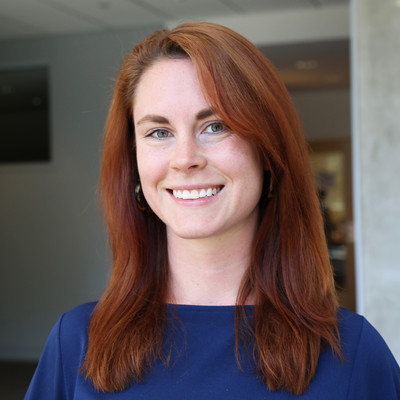
Now that the admissions cycle for Fall 2021 is drawing to a close, we’re beginning to gear up for the Fall 2022 entry cycle, which means we’re doing a pivot over here on the blog: while we’ve been focusing on the needs of our admitted students for the last few months, now I’ll be shifting my focus to those of you who are just embarking on your journey to find the right program. Over the next few months, I’ll be doing a spotlight on our six programs to help you figure out if one of Heller’s programs is right for you. Next up?
PhD in Social Policy
What is it? The Heller PhD curriculum trains students to ask critical questions about social policies and their outcomes and to conduct rigorous, creative research in search of solutions to persistent social problems. The PhD program consists of a small set of core requirements, allowing students to design learning plans that support a broad array of research interests. Students in our program major in one of our four concentrations: Health; Behavioral Health; Economic and Racial Equity; or Children, Youth, and Families. In each of these, faculty resources and research centers of the Heller School are used to enrich the academic environment and also provide opportunities for students to work on research, outside practical training, and broaden their career network.
Who’s it for? Our typical PhD student has between 5-10 years of work experience, although we do sometimes admit students with less experience if they have strong academics. They’re driven to make systemic changes in policy rather than work with individuals, and they’re interested in conducting the research necessary for making informed policy decisions. If you’re the sort of person that likes doing a deep dive into social issues and wants to contribute to the body of knowledge advancing social issues, the PhD in Social Policy program might be right for you.
What kinds of classes will I take? You’ll take 60 credits over the course of two years before moving onto the dissertation stage of your degree. Courses in the Heller PhD program fall largely into three ‘buckets’: theory, methods, and your concentration area. In addition, you’ll be able to take electives like Immigrant Integration in the US: Policy, Practice and People, Foundations in Social Theory: From the Early Twentieth Century to Critical Race Theory, and Diversity, Inclusion and Equity in Social Policy. From there, you’ll move onto your comprehensive exam and the dissertation stage of your degree, where you’ll select a four-person dissertation committee tailored to the needs of your specific dissertation topic. The committee members serve as mentors and guides through the dissertation process and always include a scholar from outside the Heller community (this could be a professor within Brandeis, someone you’ve worked with at another university, or someone working on research in your field).
Where will it take me? After graduation, about a third of our students go into academia, another third go onto work in research institutes and the last third go into roles within the government or non-profit organizations. However, regardless of what sector they’re operating in, most of our recent graduates are taking on roles related to research: recent graduates (graduating within five years) have job titles like Deputy Director of Regional & Community Outreach, Director of Research of the Institute for Health Equity, or Director for Behavioral Health and Opioid Stewardship. Students who have graduated ten or more years ago have titles like Associate Professor/Executive Director of the Institute for Early Education Leadership and Innovation; President of the Edward M. Kennedy Institute for the U.S. Senate; and Director of the Los Angeles County Department of Public Health.
How is Heller’s program different? Heller is a top 10 school of social policy, home to 10 renowned research centers and institutes that cover social policy areas ranging from disability policy to asset inequality. Heller PhD students concentrate in one of four policy areas (Health; Behavioral Health; Economic and Racial Equity; or Children, Youth, and Families), each of which is linked to a Heller research institute. The PhD cohorts within Heller are usually under fifteen students per year, allowing for increased interaction with faculty and facilitating tight-knit cohorts. Heller also provides funding for full-time PhD students for their first four years, including a stipend; at Heller, PhD funding is not contingent on working as a teaching assistant or research assistant. Many of our students do work as TAs or RAs, but your funding package is to reward you for the work you’ve already done, so any money you make as a TA or RA would go straight into your pocket.
